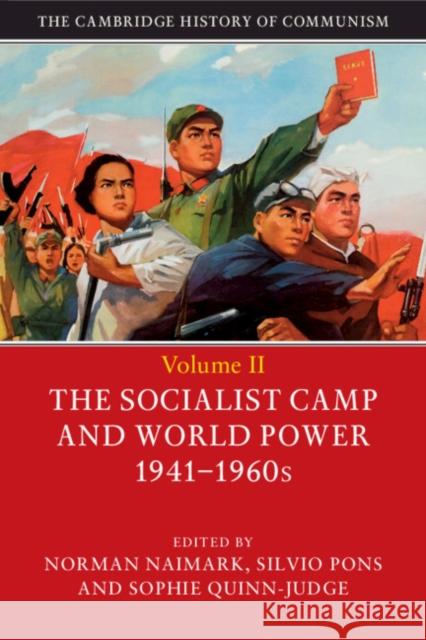The Cambridge History of Communism » książka
topmenu
The Cambridge History of Communism
ISBN-13: 9781107590014 / Angielski / Miękka / 2020 / 700 str.
The Cambridge History of Communism
ISBN-13: 9781107590014 / Angielski / Miękka / 2020 / 700 str.
cena 167,71
(netto: 159,72 VAT: 5%)
Najniższa cena z 30 dni: 161,14
(netto: 159,72 VAT: 5%)
Najniższa cena z 30 dni: 161,14
Termin realizacji zamówienia:
ok. 16-18 dni roboczych.
ok. 16-18 dni roboczych.
Darmowa dostawa!
Explores the creation of a Eurasian bloc of Communist nations after World War II, and the influence of Communist movements.











